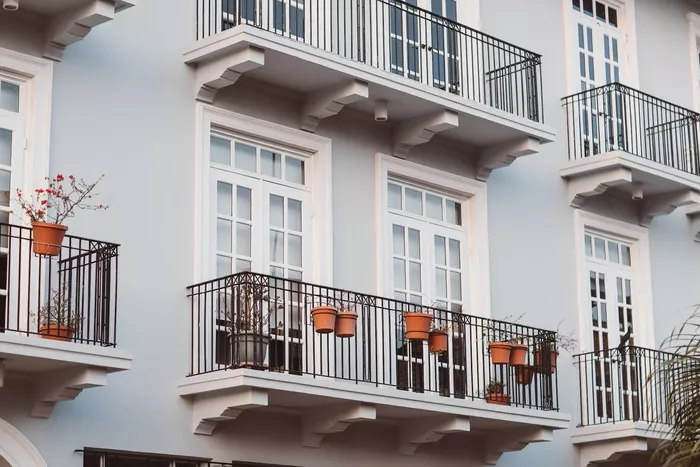Some of the town councils that will have to apply the new regulations of the Generalitat to limit tourist apartments, such as those in Salou or Castell-Platja d'Aro, have criticized the measure approved this Tuesday by the government with a decree law.
They consider that the characteristics of tourist municipalities have not been taken into account and that it can generate inequalities between owners. According to the decree approved by the government, the 262 affected municipalities will have to modify their urban planning to regulate the licenses for tourist apartments. With these conditions, today there would already be 47 towns with more tourist homes than those established by the new limit and which, therefore, will have to be eliminated.
Most of the affected areas are in clearly tourist areas, such as the Costa Dorada and the Costa Brava, and the Western and Eastern Pyrenees, such as: Alp, Alt Àneu, Esterri, Llançà, Cambrils, Salou, Vilopriu, Palafrugell, Foixà , Cholera. There are also very curious particular cases, such as Naut Aran, which, according to the approved regulations, will have to close 84% of the tourist apartments in the municipality, that is, a thousand. Likewise, they will have to close the majority in Pals (82%), in Cadaqués (71%) or in Salou (59%), a percentage that translates into more than 4.
The mayor of Salou, Pere Granados, regrets that only the number of residents of the municipality has been taken into account and not the two million visitors they receive, he says, during the tourist season. For the owners of these apartments, the decree is ''devastating'' For the tourist apartment associations the new decree law, which still has to be approved by Parliament, is ''devastating''.
